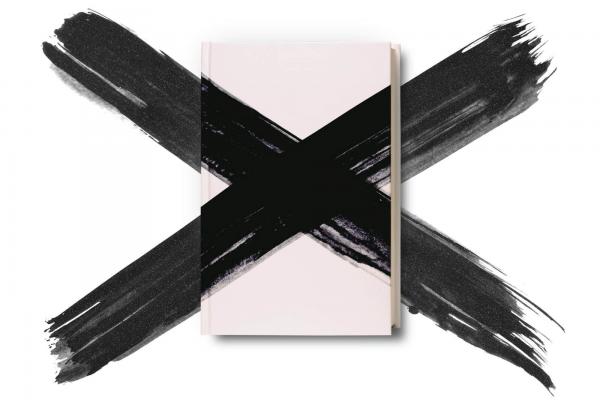SUMMER SIGNALS FREEDOM. If you are anything like me, two words in particular shimmer with the season’s promise of boundlessness: Summer reading.
At the beginning of Black History Month back in February, however, I decided to restrict my reading for this year. Some friends and I embarked on what I christened a “Year of Reading X”—a year of reading only, or mostly, books by black, Latinx, Asian, Indigenous, and other authors of color.
While recent discussions around the whiteness of the publishing industry and Western canon have motivated many to make racially aware reading commitments, exclusively reading black authors or authors of color is not novel. People of color have long been aware of the whiteness of the conventional literary world and have negotiated it accordingly, finding and creating our own spaces. What sparks my year of reading, then?
Read the Full Article

